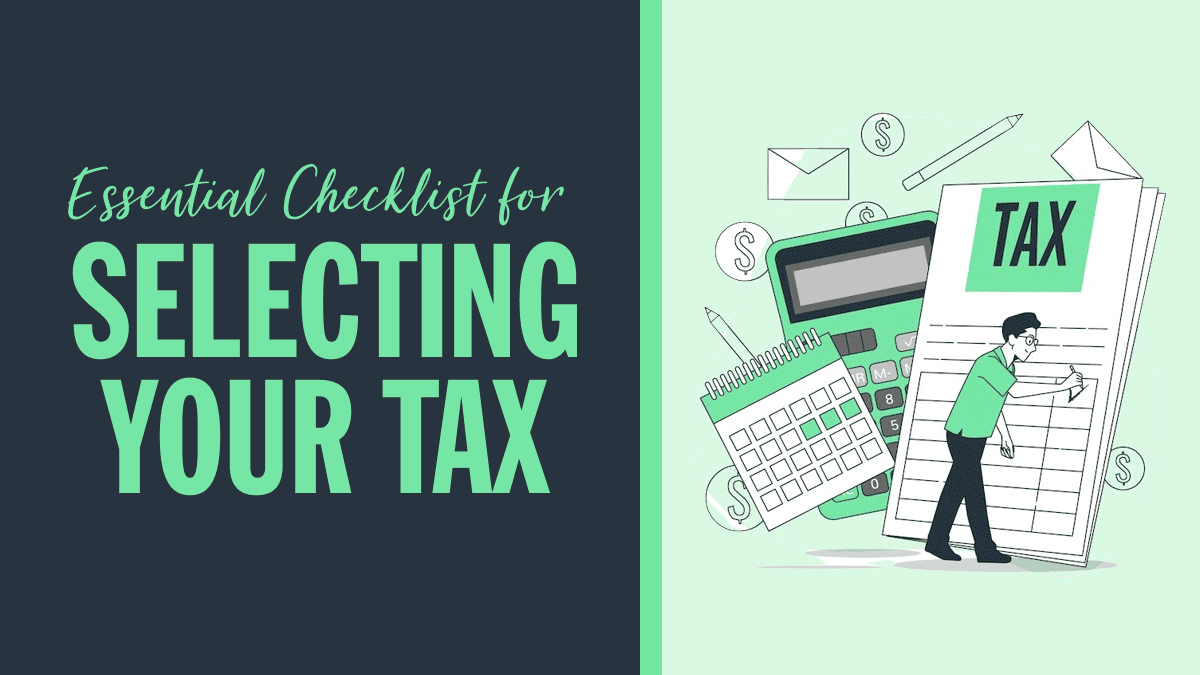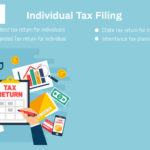In the labyrinth of modern business operations, tax outsourcing has burgeoned into a pivotal strategy for firms aiming to streamline their tax processes. This paradigm shift underscores the necessity for precision, expertise, and strategic alignment in managing tax obligations. This checklist guides you through the intricacies of selecting an adept tax outsourcing partner.
The dynamism of tax regulations, coupled with the escalating complexity of global business structures, has catapulted tax outsourcing from a mere option to an indispensable asset. This trend is not just about cost savings; it’s about harnessing specialized expertise and technological advancements to enhance accuracy and efficiency in tax management.
What to Expect from This Checklist
This comprehensive checklist is your navigator in the quest for an exemplary tax outsourcing partner. It distills the essence of what to look for, ensuring a harmonious synergy between your firm’s needs and your partner’s capabilities.
1. Understanding Your Tax Outsourcing Needs
Begin by delineating the scope and magnitude of your tax tasks. Quantifying the volume and identifying peak periods will illuminate your specific requirements, laying the groundwork for a tailored outsourcing solution.
Dissect your tax needs to pinpoint exactly which services you require. From compliance and reporting to strategic planning and consulting, understanding the nuances of your needs will streamline the selection process.
2. Evaluating Expertise and Experience
The cornerstone of a trustworthy partner lies in their credentials and standing in the industry. Scrutinize certifications, licenses, and accolades that attest to their proficiency and adherence to the highest standards.
Delve into their portfolio of success stories and client testimonials. These narratives not only validate their expertise but also offer insights into their problem-solving capabilities and the depth of their experience.
3. Technological Proficiency
In an era dominated by digital innovation, your partner’s arsenal of tax software and tools is a critical determinant of their service efficacy. Explore their technological stack to ensure it aligns with the latest industry standards.
With the surge in cyber threats, the sanctity of your financial data is paramount. Investigate their cybersecurity protocols and data protection measures to ensure your sensitive information remains inviolable.
4. Communication and Collaboration
Effective collaboration is underpinned by transparent and consistent communication. Evaluate their communication frameworks to ensure they facilitate seamless interactions and timely updates.
The synchronization of workflows is instrumental in a fruitful partnership. Assess how well their processes and operational ethos align with your team’s modus operandi, ensuring a cohesive working relationship.
5. Compliance and Accuracy
Your outsourcing partner should be a bulwark against the ever-changing tides of tax laws and regulations. Their commitment to compliance is non-negotiable, safeguarding you from inadvertent legal entanglements.
The veracity and reliability of their services are the bedrock of your decision. Examine their track record to gauge their consistency in delivering accurate and dependable tax solutions.
6. Scalability and Flexibility
Your chosen partner should be a catalyst for growth, capable of scaling their services in tandem with your firm’s expansion. This adaptability ensures that your evolving needs will be met with unwavering support. The cyclical nature of tax seasons demands unparalleled flexibility. Ensure your partner is equipped to handle fluctuations in workload, guaranteeing uninterrupted service during peak periods.
7. Cost Structure and Transparency
An intricate understanding of their pricing structure and any potential hidden costs is imperative. This transparency fosters trust and prevents unforeseen financial surprises down the line.
Consider the return on investment (ROI) their services promise. Beyond the immediate financial implications, evaluate the long-term value they bring in terms of efficiency, compliance, and strategic advantage.
8. Client Support and Service
In the crucible of tax deadlines and regulatory changes, the availability of prompt support is crucial. Ascertain their commitment to providing assistance when it matters most.
A partner invested in continuous improvement and proactive issue resolution is a partner worth having. Their dedication to improving their services and addressing challenges head-on is a testament to their reliability.
9. Making the Decision
Armed with exhaustive research and due diligence, you are now poised to make an informed decision. Choose a partner who not only meets but exceeds your criteria, ensuring a prosperous collaboration.
A structured onboarding process is the linchpin of a successful partnership. Work closely with your chosen partner to establish clear protocols and timelines, setting the stage for a seamless integration of services.
The Strategic Advantage of Choosing the Right Partner
This checklist has traversed the spectrum of considerations crucial to selecting your tax outsourcing partner. From evaluating expertise to ensuring technological prowess and compliance, each criterion is a building block in the foundation of a robust partnership.
The decision to outsource tax services is a strategic pivot towards operational excellence and financial prudence. In choosing the right partner, you not only fortify your tax processes but also unlock new horizons of growth and efficiency, poised to thrive in the dynamic landscape of 2024 and beyond.


